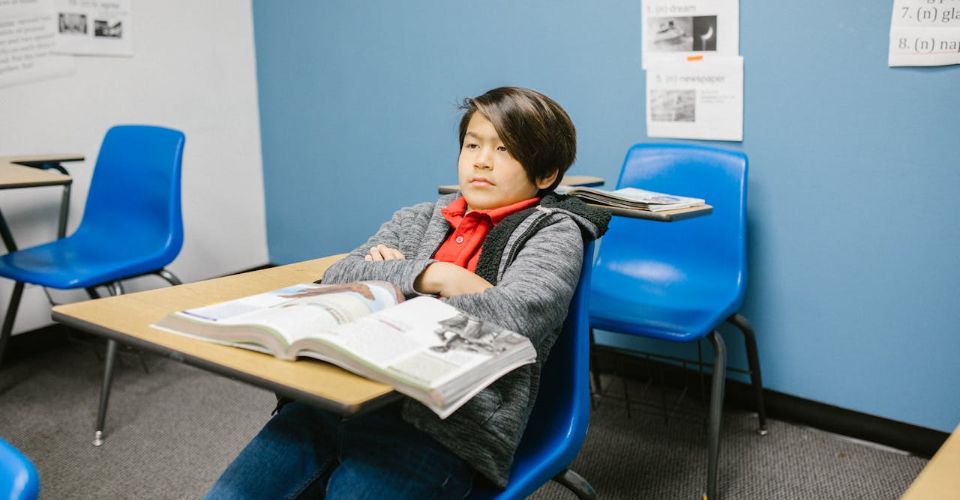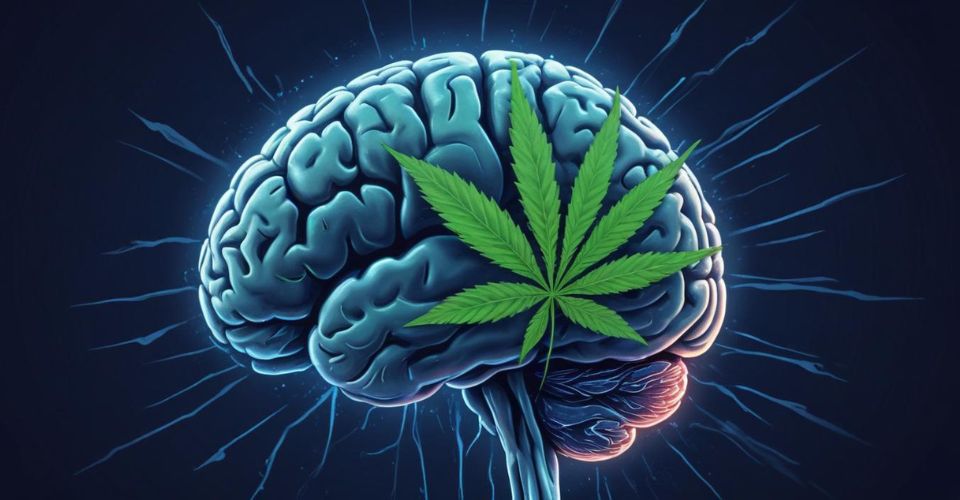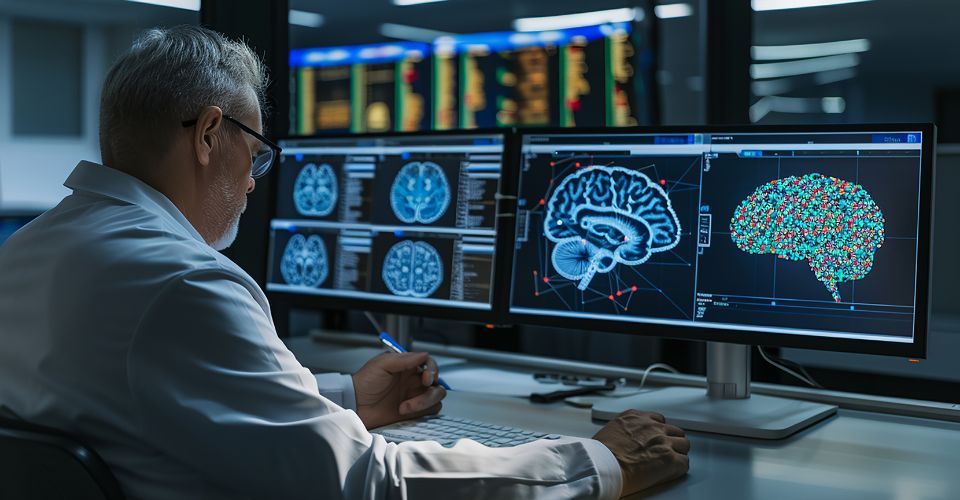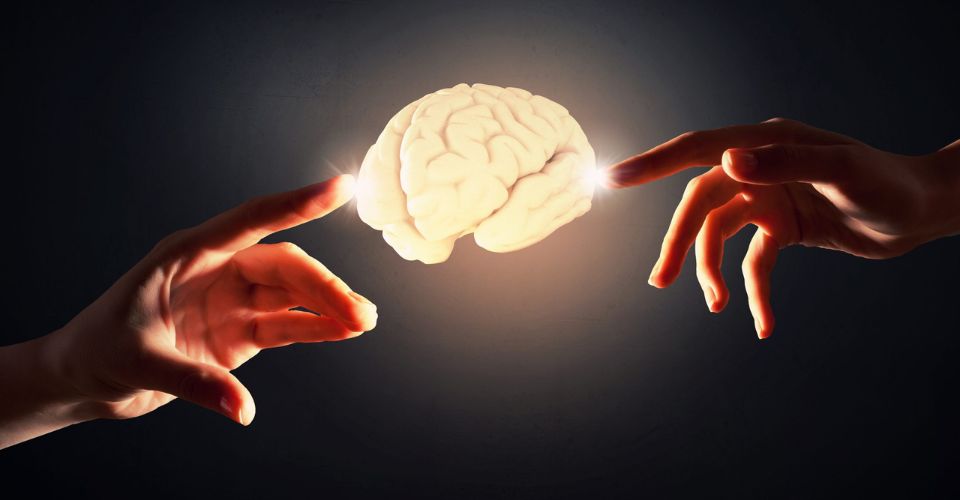When children are mentally healthy, they are on the path to achieving developmental and emotional milestones while acquiring essential social skills. However, it is crucial for parents to be aware of common childhood mental disorders that can impact some children.
Recognizing the signs of these disorders is the first step in seeking therapy and treatment to support the child’s well-being.
Mental health is an integral aspect of a child’s overall development, and when mental health concerns arise, they can affect a child’s ability to learn, behave, and manage their emotions in the typical way.
These disorders often result in distress and difficulties that can disrupt a child’s daily life. Understanding these challenges and their symptoms is vital for parents and caregivers to provide the necessary support.
One of the most prevalent mental disorders in children is anxiety. While it is normal for children to experience occasional worry, such as on their first day of school or when transitioning to a new environment.
Some children grapple with chronic anxiety that significantly impacts their behavior and thought patterns, making it challenging for them to function in their daily lives.
Signs Of Childhood Mental Disorders
According to the UK National Health Service (NHS), there are several signs of anxiety disorders in children that parents should be attentive to:
Difficulty Concentrating: Children with anxiety disorders may find it hard to concentrate, affecting their ability to focus on tasks and learn effectively.
Sleep Disturbances: Anxiety can disrupt a child’s sleep patterns, leading to difficulty falling asleep, frequent nighttime awakenings, and nightmares, which can impact their overall well-being.
Appetite Changes: Children with anxiety may experience changes in their eating habits, leading to poor nutrition and eating irregularities.
Irritability: Anxiety can manifest as increased irritability, causing children to become quickly agitated or prone to anger.
Constant Worrying: Children with anxiety disorders may engage in persistent and excessive worrying or exhibit negative thought patterns that affect their overall outlook.
Restlessness: Anxiety can lead to a constant state of tension and restlessness, making it challenging for children to relax.
Emotional Expression: Constant crying and clinginess are common signs of anxiety in children who may struggle with managing their emotions.
Physical Complaints: Children may complain of physical symptoms such as stomachaches or general feelings of unwellness, which can be linked to their anxiety.
Recognizing these signs and symptoms of anxiety disorders in children is crucial for parents and caregivers. When these indicators are observed, seeking professional therapy and treatment is essential to help the child effectively manage their anxiety and regain their quality of life.
Anxiety disorders in children are just one example of common mental health challenges. It is important for parents to be informed about various mental disorders that can affect children to ensure early detection and intervention.
By addressing these issues, children can receive the support they need to overcome these challenges and develop into emotionally and mentally healthy individuals.
In conclusion, understanding the common mental disorders that can affect children is essential for parents and caregivers.
By recognizing the signs and symptoms of these disorders, parents can take the necessary steps to seek therapy and treatment, ensuring that children receive the support required to thrive and lead emotionally and mentally healthy lives.




























